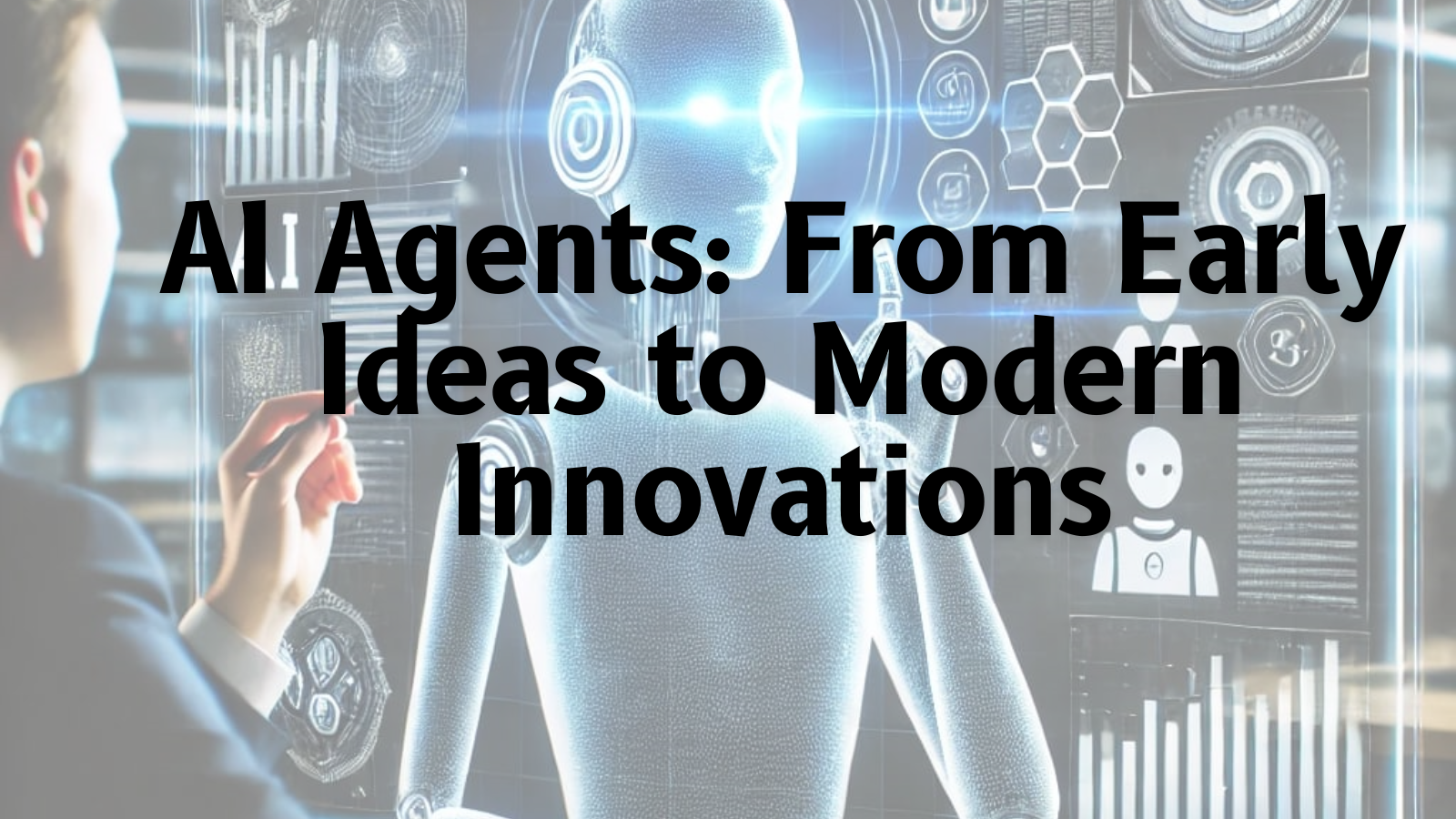
Artificial Intelligence (AI) has come a long way, evolving from basic systems that simply follow commands to highly sophisticated agents capable of taking initiative. As businesses and industries embrace this evolution, the differences between Basic AI vs. Smart AI Agents become more apparent. Basic AI systems are designed to perform simple, repetitive tasks based on predefined instructions, whereas Smart AI Agents are more dynamic, learning from past interactions and optimizing their functions over time. This shift is transforming not only the technology landscape but also the way we work, interact, and solve problems.
Basic AI: Following Commands
Basic AI systems perform tasks based on specific, pre-programmed instructions. They are rigid and cannot adapt beyond the tasks they are designed for. A good example is a chatbot that answers standard questions like operating hours or order statuses. Basic AI can only handle simple, predefined queries and lacks the ability to learn or predict needs.
Smart AI Agents: Taking Initiative
In contrast, Smart AI Agents can operate autonomously, identifying problems and solving them without needing explicit instructions. These agents learn from past interactions and adapt to provide more personalized experiences. A Smart AI Assistant, like Google Assistant or Alexa, can schedule meetings, suggest tasks, and anticipate needs based on your behavior.
Key Differences: Basic AI vs. Smart AI
- Command-Driven vs. Proactive: Basic AI needs commands to function; Smart AI Agents anticipate needs and act independently.
- Fixed Rules vs. Adaptive Learning: Basic AI follows pre-set rules, while Smart AI Agents learn from interactions to improve over time.
- Single-Task vs. Multi-Tasking: Basic AI handles one function at a time; Smart AI Agents manage multiple tasks, such as managing schedules and analyzing data.
Impact on Work and Business
- Customer Experience: Smart AI Agents provide proactive service by anticipating customer needs and offering personalized solutions.
- Workplace Productivity: AI Agents automate repetitive tasks like scheduling and data processing, freeing employees for more strategic work.
- Healthcare & Finance: In healthcare, AI Agents monitor patient data and alert doctors to risks. In finance, they analyze trends and make investment recommendations.
Challenges with AI Agents
- Accountability: As AI takes on decision-making, questions of who is responsible for mistakes arise.
- Job Displacement: While automation may replace some roles, there’s an opportunity to reskill workers for higher-value tasks.
- Building Trust: Transparency is key to ensuring people trust AI Agents, especially in critical sectors like healthcare and finance.
The Future: AI Agents as Collaborative Partners
Looking ahead, the evolution of smart AI agents will see them becoming more than just tools for automation—they will serve as collaborative partners. Imagine a future where these agents don’t just assist with tasks but work alongside humans to solve complex problems, negotiate business deals, and even offer emotional support in high-stress environments. As the evolution of Smart AI Agents progresses, these systems will manage projects, coordinate teams, and provide insights that help humans make better decisions. This partnership will enhance creativity, productivity, and problem-solving, creating a more efficient and collaborative workplace.
Conclusion
As we continue to witness AI evolution: basic to smart agents, the differences between Basic AI vs. Smart AI Agents become increasingly important in shaping our future. While Basic AI provides efficiency in handling simple, repetitive tasks, Smart AI Agents are driving more personalized and proactive solutions that enhance productivity and creativity across various sectors. The future of AI will not only automate processes but also collaborate with humans to solve complex problems, pushing the boundaries of what’s possible. As Basic AI vs. Smart AI Agents continue to evolve, the potential for innovation and transformation in business, healthcare, finance, and beyond is immense.